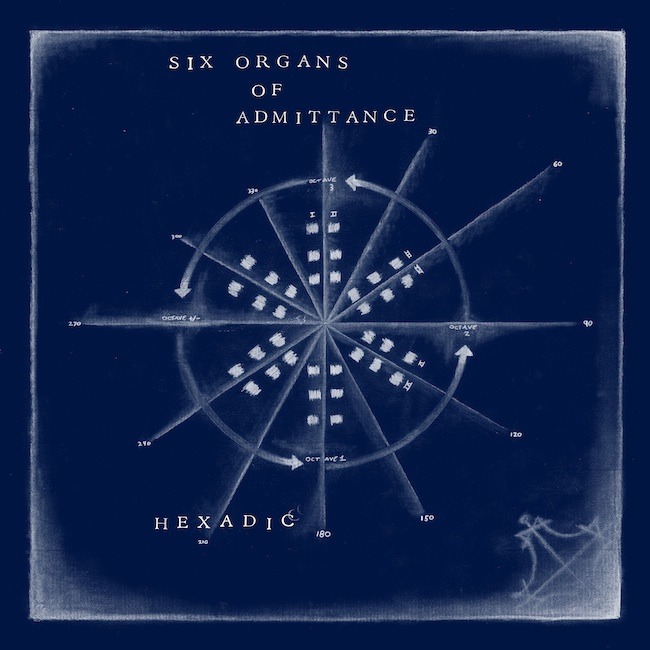Most Sir Richard Bishop records are more like well-curated mixtapes than albums. His last collection – the excellent Intermezzo – was a typical entry: virtuosic guitar instrumentals lurching from style to tone to genre to era to location and back again. Whether it’s whimsical jazz, menacing drone or elegant folk cycles, Sir Richard Bishop albums make no bones of stark juxtapositions of sound which accumulate into rich tapestries, held together by the expressive strength of his guitar playing.
Tangier Sessions is a little different. It gets Bishop far fewer stamps on his passport than normal, for a start. Instead of his usual genre hopping, this album has a strong, unifying core at its heart. There’s still a rich mix of influences, of course, but they’re blended all the way through, not explored in individual tracks. The image offered by the album’s title is painted vividly: on this record we find Bishop in Tangier, in a concentrated period of creativity, exploring the possibilities of a single instrument in a single style. The result is a gorgeous record which gains a great deal from its sharpened focus.
It’s an album as much about the physical object of Bishop’s guitar as it is about the music he makes with it. You can watch a charming video where Bishop describes how he came by the guitar, along with an incredibly lengthy explanation of all of its material components – from its colouring to its construction. This album hones in on the sheer physicality of the sound created by a particular guitar, and the music which seems to suit it best. The resulting songs sound like the expression of the instrument itself, not just the will of its creator. These are the unique products of a very specific time, place, and object, and the album gains a thrilling intimacy for its specialness.
What’s perhaps most remarkable about Tangier Sessions – and about Sir Richard Bishop in general – is that while his playing is so blisteringly technically accomplished, his music always has such a relaxed manner. It lures you in and lets you settle down – an especially welcome quality in an album devoted to being of a moment. No matter how many notes he skips through in a flurry of seconds, he never sounds showy, or – worse still – like he’s showing off. It’s the unhurried nature of these improvisations which are their greatest strength. Couple this with his sharp ear for melody, not to mention his frequently unbelievable fingertips, and this album emerges as another incredibly strong outing for Sir Richard Bishop in a truly interesting and consistent discography.
-
8Russell Warfield's Score






















